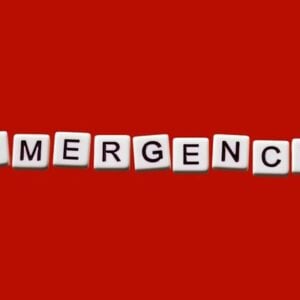The United Nations World Food Programme (WFP) has received a US$9.3 million contribution from the Government of the Republic of Korea, provided through the Korea International Cooperation Agency (KOICA), to enhance health, nutrition, and community resilience in northern Côte d’Ivoire. This multi-year funding, covering 2025 to 2029, will enable WFP to deliver locally sourced, nutritious meals to 50,000 schoolchildren in 200 primary schools across Bagoué, Bounkani, Poro, and Tchologo, supporting students’ well-being, concentration, and academic performance.
In addition to school meals, the program will assist 100 smallholder farmer groups by providing training and technical support to improve the quality and quantity of their produce. By linking farmers directly to school canteens, the initiative aims to stimulate rural economies, strengthen local supply chains, and ensure long-term sustainability, contributing to the broader goal of food security in the region.
Olivia Hantz, WFP Representative and Country Director for Côte d’Ivoire, highlighted that the partnership with KOICA strengthens national systems and empowers local producers, ensuring that each school meal benefits children’s health and learning while fostering resilience and food security at the community level. Beyond nutrition, the program will improve access to handwashing facilities in schools and support hygiene, health, and nutrition education, adopting a holistic approach to school and community well-being.
The initiative is implemented in close collaboration with the Government of Côte d’Ivoire, including the Ministries of National Education and Literacy, Agriculture, Rural Development and Food Production, and Health and Public Hygiene. This multi-sectoral approach leverages expertise across education, health, and agriculture to build a sustainable school feeding system aligned with national priorities.
KOICA Country Director Kim Sangjun emphasized that linking schools with local farmers not only provides nutritious meals but also invests in children as the foundation of national prosperity. Currently, WFP provides school meals to over 166,000 students in 733 schools across Côte d’Ivoire, demonstrating its extensive commitment to children’s health, education, and long-term human capital development. This new funding represents a significant milestone in promoting inclusive development, strengthening human capital, and addressing food insecurity in the country.






